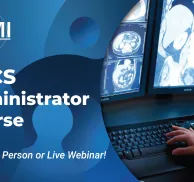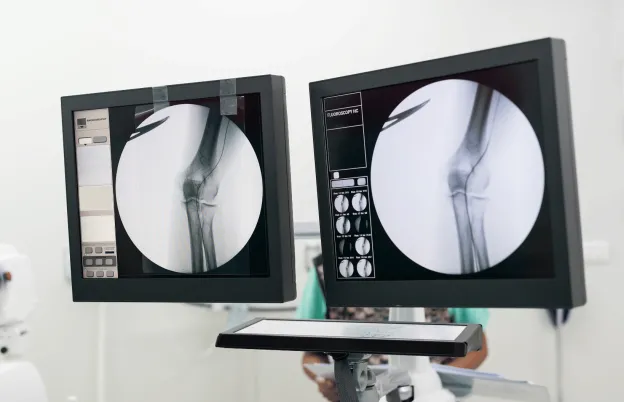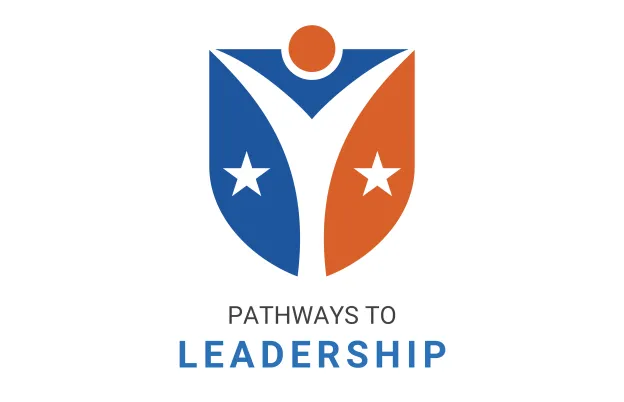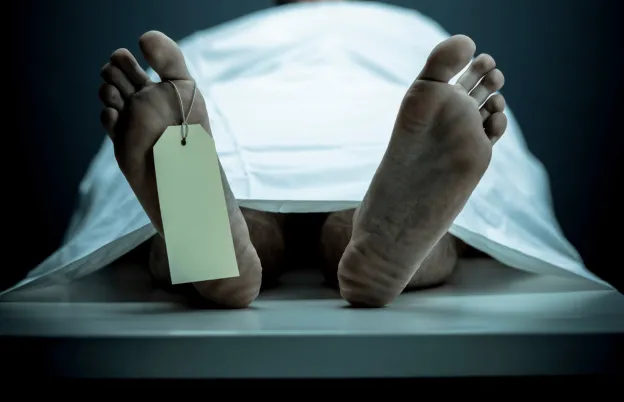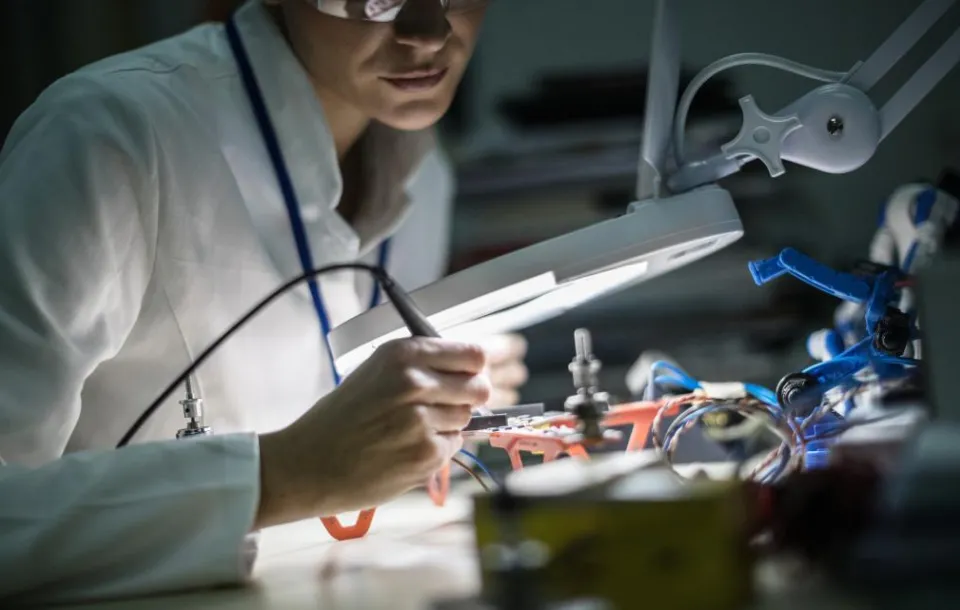
CBET Review: Fundamentals of Biomedical Equipment & Instrumentation
About this Program
Join us for an all-new online review series!
We’ve replaced this 4-day CBET Review program with a completely new webinar series full of updated content. There are a total of 6 webinars to provide you with more flexibility. Each webinar is only 3 hours (versus being stuck in a week-long webinar or class).
For the full exam prep experience, we recommend taking all 6 sessions. However, feel free to take as many or as few webinars as you need!
The series is broken into two major CBET review sections. Click each link below to learn more about the individual webinars per section.
- Fundamentals of Biomedical Equipment
- Essential Physiology & Anatomy for Biomed Technology
Credits
Accredited training programs
Tuition

| Audience | Price |
|---|---|
| Technologist | $0.00 |
Early Pricing Guidelines
Qualifying 'Early' registrations must be made at least 21 days in advance for the program.
Cancellation Policy
Seminars/Webinars 8 hours of credit or more
Refunds, minus a $30 processing fee, will be granted for cancellations received at least 3 days prior to the program. Cancellations received within 3 days of the program will receive a credit toward a future MTMI program, minus the $30 processing fee. No refunds will be made after the program starts. MTMI reserves the right to cancel any scheduled program because of low advance registration or other reasons. MTMI’s liability is limited to a refund of any program tuition paid. MTMI recommends that attendees use refundable airline tickets. In case of cancellation of a program for any reason, MTMI is not responsible for travel costs incurred by attendees including non-refundable airline tickets. When offered, WEBINAR ATTENDEES that cannot log in due to unsolvable technical issues beyond their control will be eligible for a full refund.

